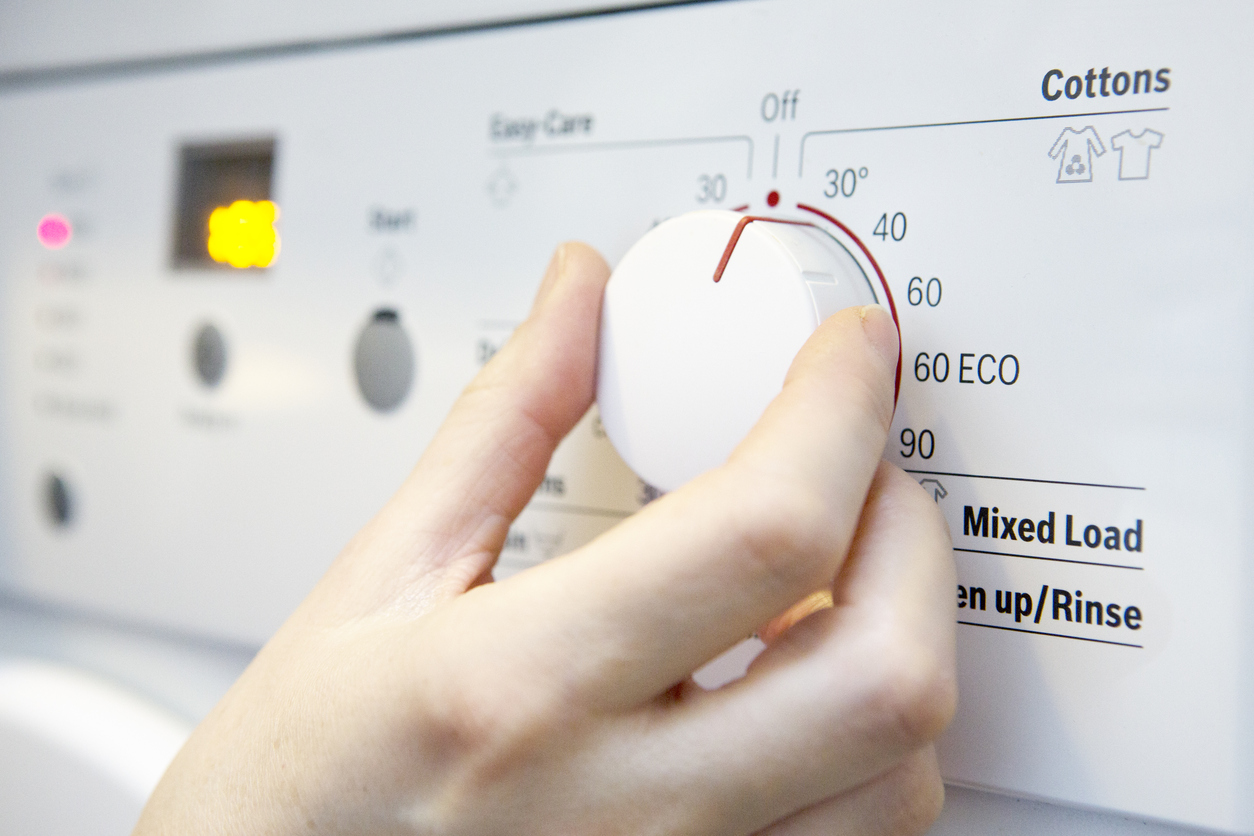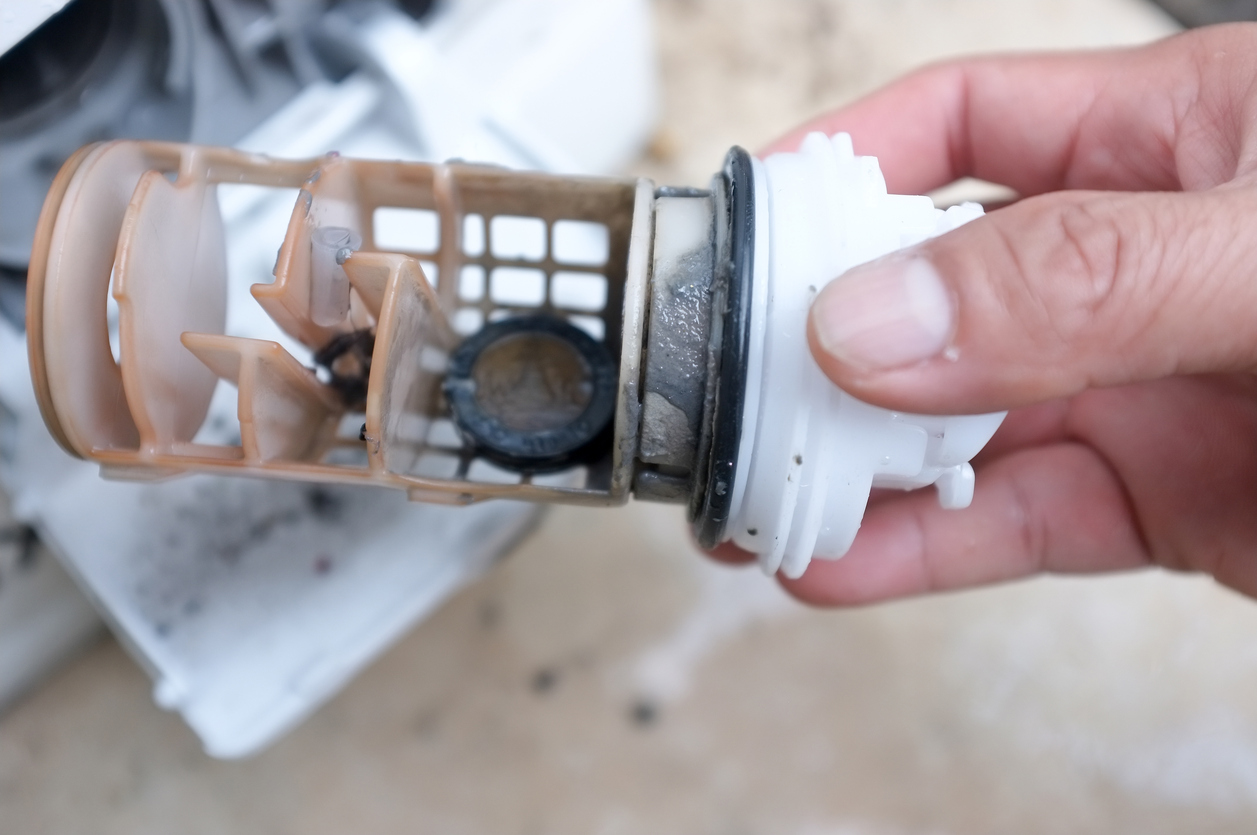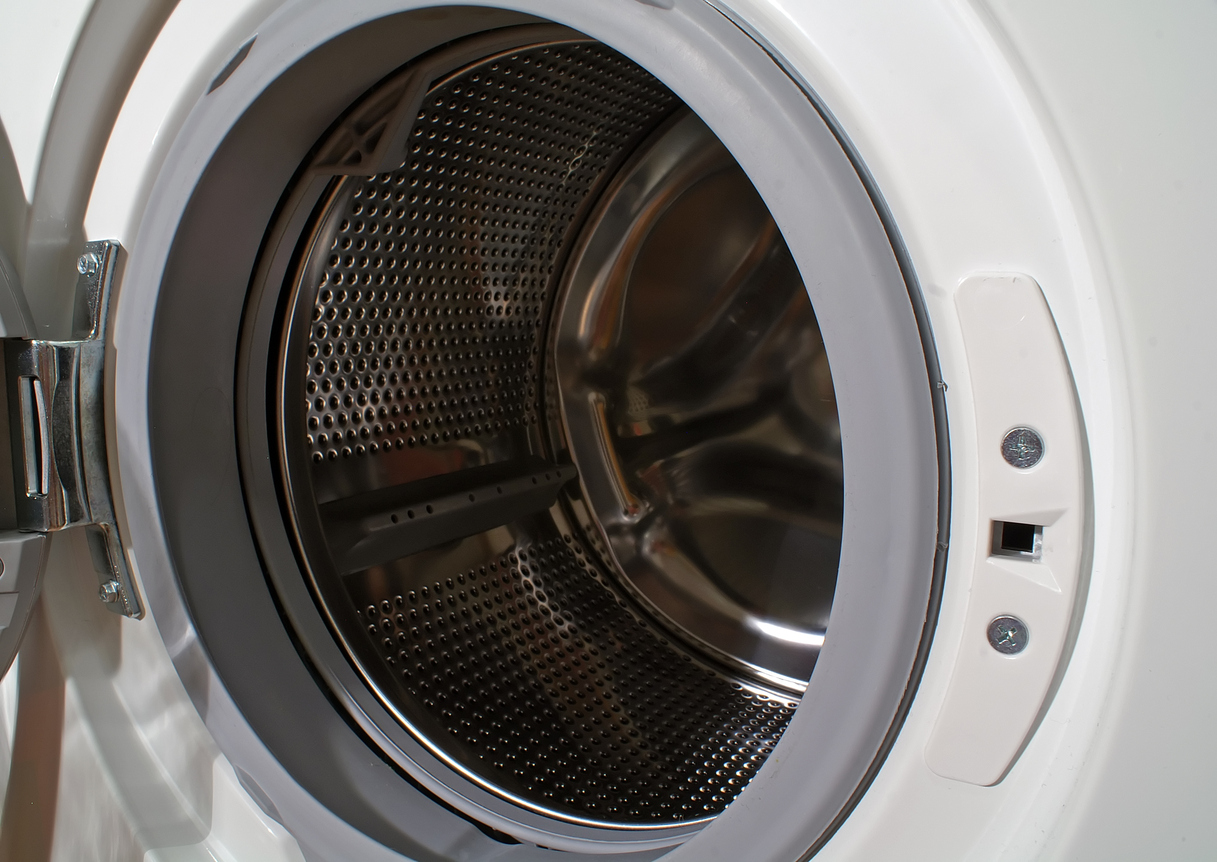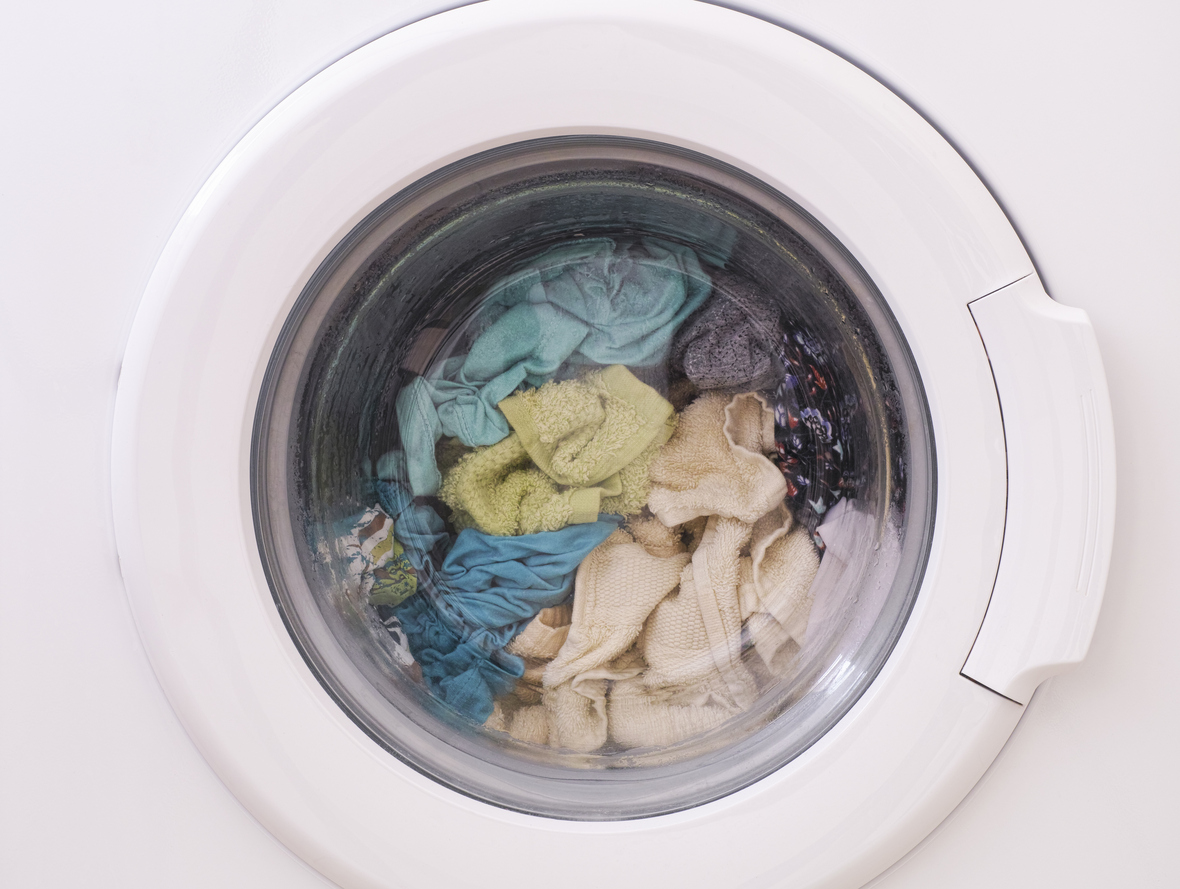How to maintain your washing machine
- Home /
- News & Advice /
- How to maintain your washing machine
- April 30th, 2018
- No Comments
- Posted in advice centre, laundry
Your washing machine frequently has hot water circulating inside it, so that’s keeping it nice and clean, right? Wrong.
Just because it washes your clothes, doesn’t mean the appliance itself, is actually sparkling.
The truth is, your washer can still develop mould and residue build-up from soapy water. This can happen quickly due to using too much detergent.
Here’s a simple guide to ensure a great-working and clean washing machine:
Clear dirty drain filters
Always ensure the drain filter is clear! It can easily clog with dirty water, meaning clothes are not being cleaned properly and musty smells can transfer to laundry.
The filter is designed to catch small objects like coins, in case they get to the pump and block it. However, if your filter is blocked with water or even soggy tissues that have been left in pockets, the washing machine can’t drain water or clean clothes properly. In turn this means, your bills will be higher as more energy is expended to operate it.
You should aim to clean the drain filter at least twice a year.
Run eco washes
Setting cooler washes, at around 30 degrees Celsius, is great for the environment and, according to the Energy Saving Trust, uses around 40% less electricity over a year compared to higher temperatures.
In addition, washing at this temperature means your clothes are less likely to shrink when washed this way and modern detergents are just as effective, regardless of the temperature. However, washes at these cooler temperatures means that bacteria can build up in the machine.
To counteract this, you should still do the occasional hot wash, making sure towels and bedding go in at around 60 degrees Celsius. Spinning your device at a high temperature while it is empty, is a great way to cure a smelly washing machine.
Fresh laundry on every load
For fresh laundry on every load, you can make a DIY solution of white wine vinegar and bicarbonate of soda. This cheap little mixture will clean out the machine perfectly, so there’s no need to buy specialist washing machine cleaner. Once a month is plenty to prevent mould from growing and put any curious smells at bay.
It’s also good practise to leave the door and drawer open to allow air to circulate when the machine is not in use or has just finished a cycle.
Clean the seal
You may not consider the door seal but lots of germs can harbour in there as it’s nicely tucked away! Simply use a scouring sponge or old toothbrush to clean the washing machine door seal.
If you’re having trouble wiping this mould away, it could be that the mould has already seeped into the rubber and in this case, you’ll need to purchase a new one. Thesecan be purchased cheaply and replaced by a technician. However, if you do attempt this repair yourself, you should always turn off the appliance first and do so at your own risk.
Avoid overloading
It can be all too tempting to cram everything you have to wash into one load and pack the appliance full. We may be short on time or our kids haven’t got their PE kit for school in the morning. However, overloading it, may stop your laundry from washing properly.
Placing too much laundry inside can damage the drum, unbalance the machine and reduce spin efficiency.
… And underloading
Too little a load ion your washer can waste time, energy and detergent. Your machine may also make a strange thumping sound as it becomes off-balance due to the minimal weight.
Loads should be appropriately-sized to your appliance’s capacity and this can be found on the washer itself or in its manual. This will ensure clothes and air can circulate properly and ensure stains are tackled well.
Avoid intricate DIY jobs
Don’t attempt to remove intricate parts yourself if they are faulty. It may seem like a simple job to fix but you could do more damage than good. It’s always best to consult a washer repairs specialist if you don’t feel confident in your ability.
If you need any more advice on why you should clean your washing machine or you just want to talk to us about a fault on your device, give our specialist washer repairs team a call today.
Leave a Reply





